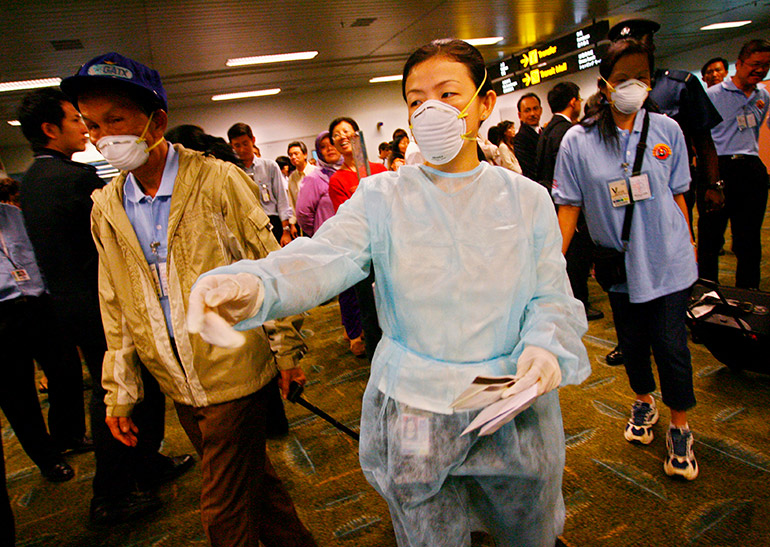With the threat of antibiotic-resistant ‘superbugs’ looming large across the region, Southeast Asia Globe spoke with tropical medicine researcher Marco Haenssgen about his work educating rural communities on the dangers of misusing antibiotics

This article was published in the May edition of Southeast Asia Globe magazine. For full access, subscribe here.
What are some of the misconceptions about antibiotic use in rural parts of Southeast Asia?
I would personally refrain from talking about ‘misconceptions’ and would rather refer to ‘local conceptions’. There is, of course, still a lot that we do not understand, which is why there is so much social research activity in this area. But some of the things we have observed in our social research… were related to language. For example, the Thai vernacular expression of antibiotics translates into ‘anti-inflammatory drugs’, used for a specific set of symptoms – like a sore throat.
Where people don’t have an active notion of antibiotics, it becomes quite difficult to steer them away from overuse via educational messages. Sometimes, warning messages about antibiotics can in fact have adverse consequences for these groups because they could be scared off from using medicine more broadly.
What are some of the dangers of incorrectly or overprescribing antibiotics?
Generally it is widely accepted that the over- and misuse of antibiotics contributes to the problematic trend of antibiotic-resistant bacteria. There might be many reasons for why too many – rather than too few – antibiotics are being prescribed. Some are commonly attributed to supply pressure from pharmaceutical companies or that antibiotics are perceived as magic pills, but that is certainly not the whole story.
Just imagine a setting where a doctor has to make a choice under uncertainty – the patient might have an infectious disease that might be cured with an antibiotic, but this is difficult to tell without proper diagnostic equipment. In such a case, antibiotics can be the ‘safe choice’ for a doctor to prevent a potential patient death – at the expense of potentially contributing to antibiotic resistance.
What are some of the steps that you and your colleagues take to educate these communities on the threat of antimicrobial resistance?
The [Southeast Asia-based] Mahidol-Oxford Tropical Medicine Research Unit is very active in public engagement. Educational videos and posters have been produced. We are currently brainstorming more – and scalable – activities that might reach a broader rural population. But there are indeed a lot of challenges.
Educational messages are difficult to craft and need to be appropriate to the local understanding of antibiotics and illness. It is also difficult to assess whether educational messages are effective, because they do not automatically change behaviour.
Part of the problematic patterns that we see might not be because people are ‘ignorant’, but simply because they don’t have better healthcare choices. Somebody who is poor, dependent on work for mere survival and potentially isolated in their community might find it difficult to act on the good advice that they shouldn’t take antibiotics without first consulting a doctor – who might be very difficult to reach in some rural areas.
Marco Haenssgen is a post-doctoral scientist in health policy and systems at Oxford University’s Centre for Tropical Medicine and Global Health, and a research associate at the university’s Green Templeton College.

